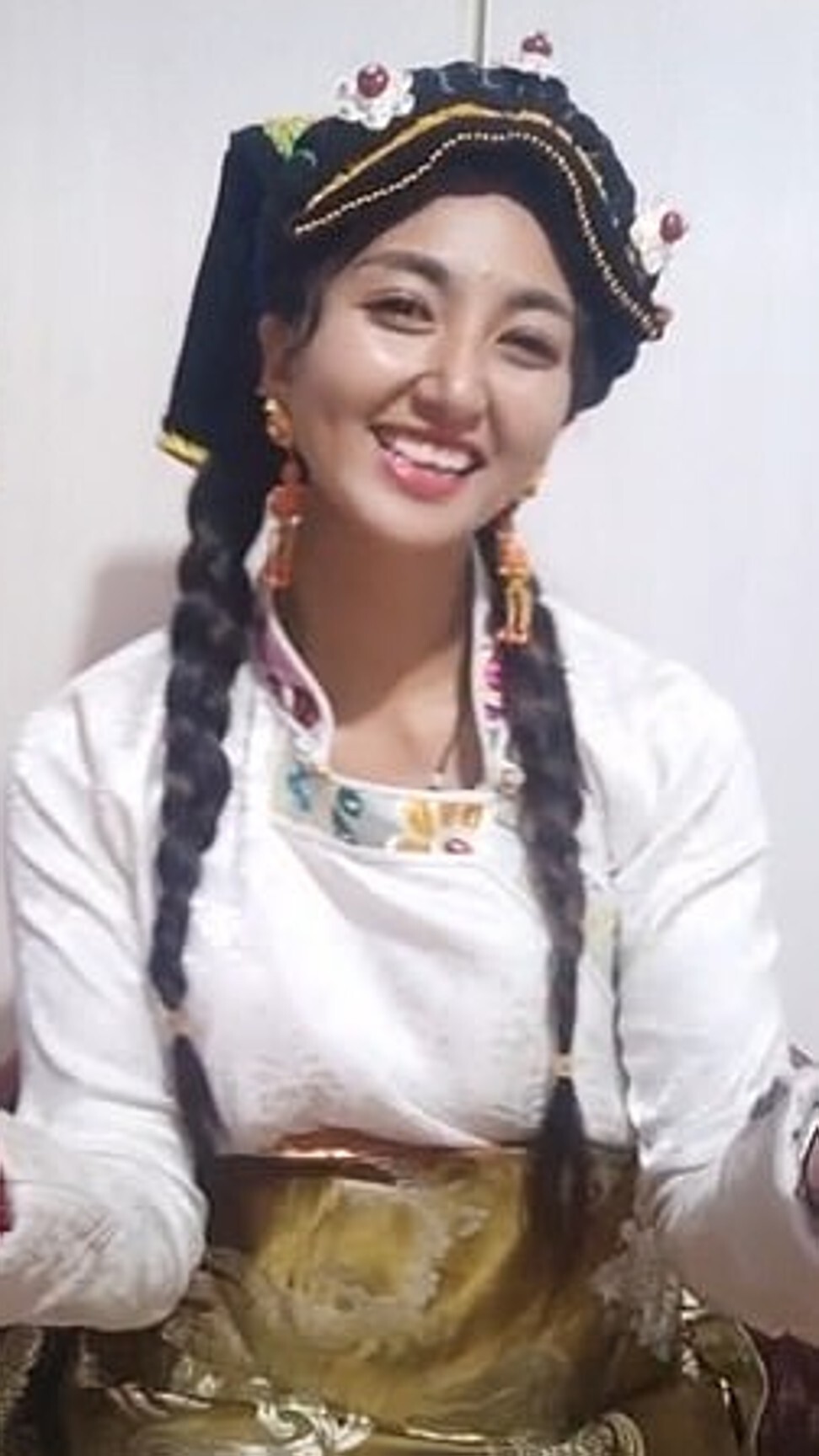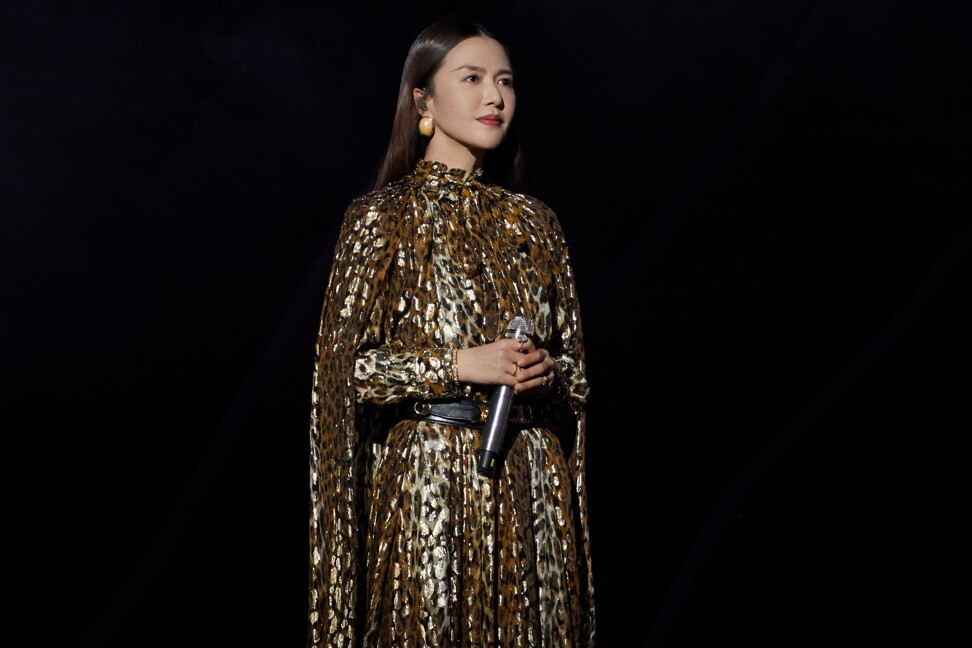
Chinese singer Tan Weiwei’s new album, “3811”, has gone viral since its release on Friday, with most of the buzz reserved for a song called Xiaojuan (Little Juan), whose lyrics are a lament about violence against women.
Tan sings about Little Juan – a cipher for female victims of violence in China – being beaten, burned alive, shaved bald, confined and murdered. “Know my name, remember my name, when can the same tragedy stop recurring?” the lyrics go.
Listeners recognised references in the lyrics to recent incidents in China that made headlines: “petrol” is a reference to Tibetan vlogget Lhamo, who died after being doused in petrol and set on fire by her ex-husband in September, while “sewage” references the case of a woman in Hangzhou killed and dismembered by her husband, who flushed some of her body parts down the toilet.
Our minds were blown and we were moved at the same time that a female artist would speak out for women’s rights like this - Shaoxi, a feminist blogger
The song also touches on misogyny, listing Chinese words with negative connotations that have the radical (component of a Chinese character) “women” in them – jidu (jealousy), nu (slave), changji (prostitution) and biao (bitch).
Listeners gave a powerful endorsement to Xiaojuan, but at the same time feared for its fate. “I’m afraid this might get censored soon,” one said on Weibo. “She was bold to speak out,” another said.
Tan is the first mainstream musician in China to use music to address domestic abuse and violence against women.

The title of each track on Tan’s album is the name of a woman – ordinary people she has met such as Wu Chunfang, a driver raising a child by herself, and historical figures, such as Yu Xuanji, a Chinese poet and courtesan of the late Tang dynasty.
Her album’s name combines her age – 38 – and the number of tracks it has.
“The birth of the album is a witness to the life stories of all ordinary women who also show greatness,” Tan said ahead of an online concert on Friday to introduce “3811”. “I wanted to grow up with them, love what they love, be sad at their loss, and enjoy the unknown with them.”

Tan, who is also known as Sitar Tan, first became widely known in China in 2006, when she was a runner-up in the third season of Super Girl, a popular reality-TV singing contest in China. In recent years she has shown interest in combining mainstream Mando-pop with elements of the music of ethnic minorities in China, and in singing about social issues.
In 2015, she performed a song about environmental concerns with folk musicians who perform Huayin Lao Qiang, dubbed China’s ancient rock ’n’ roll.
Her new album is overwhelmingly popular among female listeners.
There was some criticism online that her songs were too “politically correct”, but these voices were drowned out by praise for her album. “I’m not being brave, it’s just my responsibility,” Tan responded on Weibo, China’s Twitter-like service, on Friday.
The reason Tan’s songs resonate with the public is that her lyrics have incorporated lots of incidents people are familiar with, said a feminist blogger who prefers to go by the pen name “Shaoxi”.
“The entire song debunks and denounces the patriarchy, calls for feminist awakening and for the public to remember the … tragedies of these women,” she said.

Shaoxi said it’s rare to see celebrities focus on women’s rights, because doing so can easily draw criticism in mainstream circles.
“Our minds were blown and we were moved at the same time that a female artist would speak out for women’s rights like this,” she said.
For more great stories on Korean entertainment, artist profiles and the latest news, visit K-post, SCMP's .







